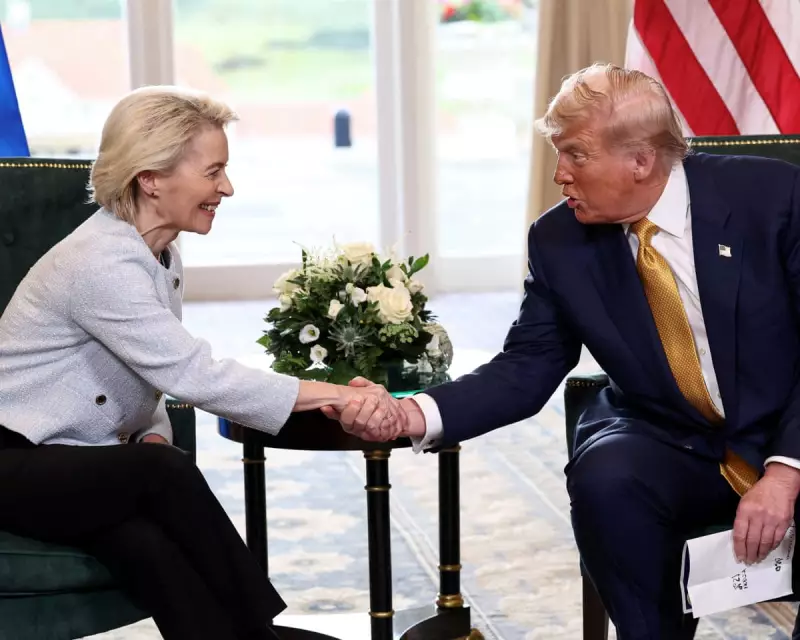
European Commission President Ursula von der Leyen has narrowly avoided a full-scale trade confrontation with former US President Donald Trump, but the uneasy compromise has revealed deep fractures within the European Union.
Trump’s aggressive trade policies, including threats of sweeping tariffs, forced von der Leyen into a delicate balancing act. While she managed to prevent an immediate escalation, the deal has highlighted the EU’s internal divisions over economic strategy and transatlantic relations.
EU Unity Tested
Behind closed doors, member states clashed over how to respond to Trump’s demands. France and Germany, typically the bloc’s powerhouses, were at odds—Paris favoured a tougher stance, while Berlin pushed for conciliation to protect its export-driven economy.
Eastern European nations, wary of antagonising Washington, leaned towards concessions, further complicating von der Leyen’s negotiations.
The Fragile Compromise
The final agreement avoids immediate tariffs but includes concessions on key industries, angering protectionist factions within the EU. Critics argue that Brussels has caved to pressure, setting a dangerous precedent for future negotiations.
Meanwhile, von der Leyen’s leadership is under scrutiny as eurosceptic voices grow louder, questioning whether the EU can maintain a united front in an increasingly volatile global economy.





